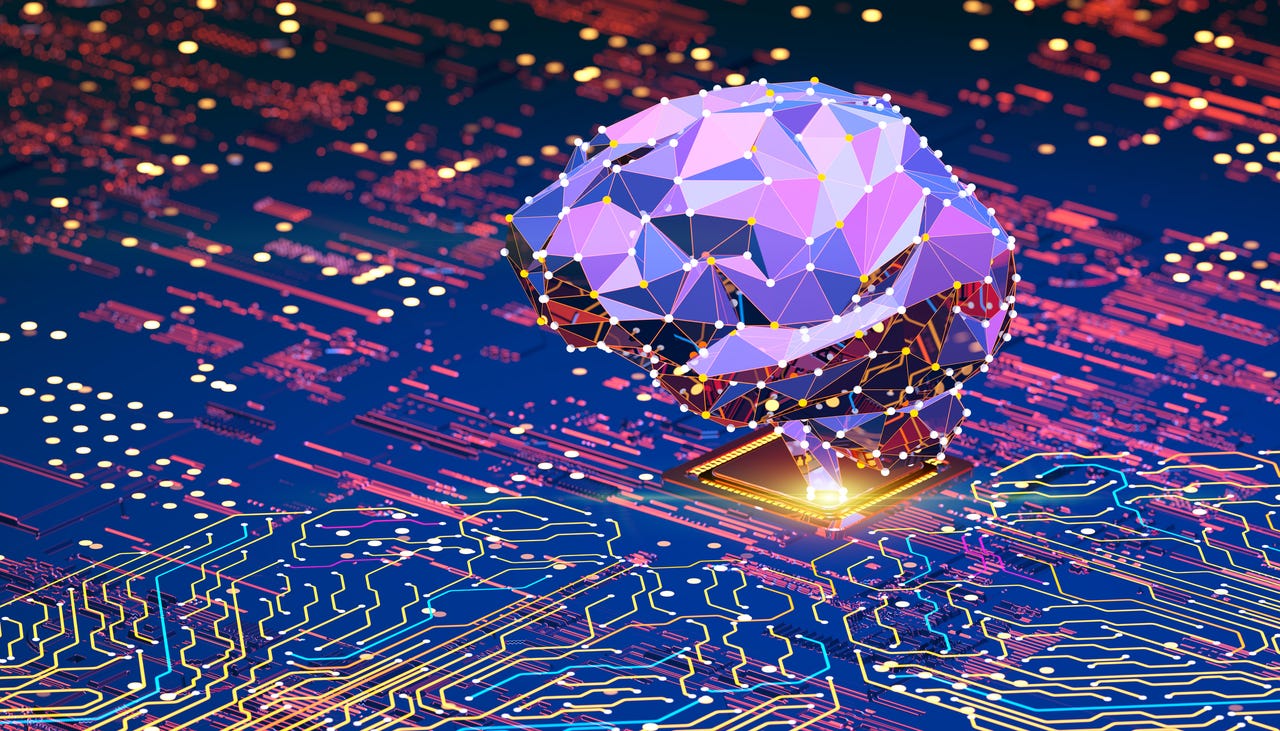
DevOps is getting a welcome boost. Technology teams have a special appreciation for the power of artificial intelligence in assisting and automating code development and deployment, and this may make collaborative practices such as DevOps even more, well, collaborative.
For instance, virtually all DevOps leaders (97%) are using generative AI to some degree, according to a survey of 800 DevOps leaders by Sonatype. Nearly one in three leads (31%) report they have already implemented generative AI into their software development processes.
Also: Generative AI and machine learning are engineering the future in these 9 disciplines
Industry leaders agree that AI is revolutionizing — or promises to revolutionize — the DevOps experience. For starters, one of the most common use cases is in continuous integration and continuous delivery or deployment (CI/CD), according to an analysis published by GitLab: “AI helps to automate the process of building, testing, and deploying code so that any changes that pass appropriate tests can then be integrated into the existing codebase and deployed to production environments right away. This process can help reduce the risk of errors and improves the overall quality of the software being developed.”
The advantages of AI go deeper than producing better software — it is helping to bring teams involved in development, operations, and the business — closer together. “Many IT teams need to have access to testing and production environments for their business data,” says Jeremy Rambarran, professor at Touro University Graduate School of Technology. “AI can help strengthen these existing approaches. In an AI-driven environment — critical thinking, teamwork, design, visual information display, and independent thinking — are among the other talents that are required.”
How, exactly, does this AI advantage come about? “AI contributes to bridging communication gaps between different teams in a project,” says Ronen Slavin, co-founder and CTO at Cycode. “By automating responses to routine queries and explicating issues based on existing knowledge, AI reduces the manual burden of explanation and problem-solving for common issues.”
Also: Here come the ‘custobots’: AI pervades Gartner’s top 10 strategic technology trends
The automation enabled by AI helps “decrease time spent on mundane tasks, enabling teams to focus on strategic communication and initiatives,” Slavin adds. “This reduction in routine communication fosters an environment for more meaningful discussions among developers, operations, business teams, and executives.”
AI and generative AI “makes it easier for many employees to work together, no matter where they may be located,” Rambarran agrees. Plus, it’s a creativity booster, which helps users formulate novel ideas and challenge conventional wisdom.
In the immediate future, AI may open the way to a rapid acceleration of software deployments. “AI-driven bots aiding in code reviews or automatic bug detection and resolution accelerate the development process and foster a collaborative environment by reducing manual error identification and rectification,” says Slavin. “Moreover, the concept of AI teammates working alongside human developers in routine tasks like updating dependencies or addressing bug bounty reports exemplifies greater collaborative possibilities.”







